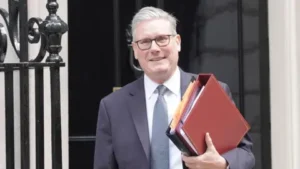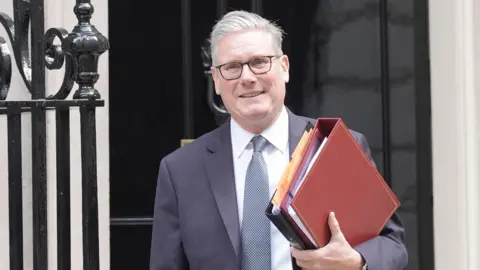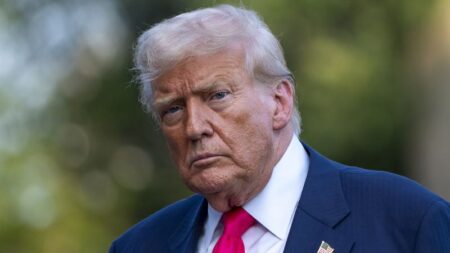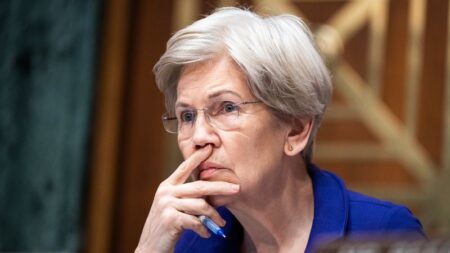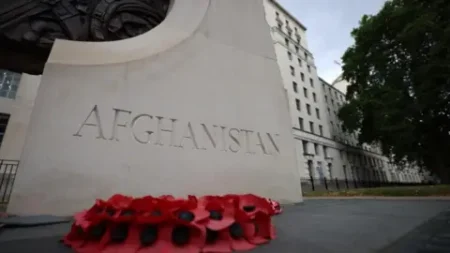In a significant political development, Prime Minister Sir Keir Starmer has taken decisive action by suspending three Labour MPs—Neil Duncan-Jordan, Brian Leishman, and Chris Hinchliff—over breaches of party discipline. This suspension means that these MPs will no longer carry the party whip and will be functioning as independents within the House of Commons. This development comes at a precarious time for the Labour Party, which is currently grappling with internal dissent and challenges concerning its leadership and policy directions.
The three MPs in question, Duncan-Jordan, Leishman, and Hinchliff, were elected as Labour representatives for the first time in the previous year. While the specific reasons for their suspension have yet to be disclosed, it is widely believed that these actions were taken in response to a recent incident where 47 Labour MPs rebelled against the government’s proposed cuts to welfare. This rebellion was significant enough to compel the government to dilute its austerity measures, thus making substantial waves within the parliamentary landscape.
It is crucial to note that the rebellion that led to these suspensions also played a role in undermining Sir Keir Starmer’s authority. His leadership has encountered challenges, particularly as he had recently been forced to reverse several policy decisions, one of which was the restoration of winter fuel allowances for pensioners, a move that came as a surprise to many constituents and party members alike. Sir Keir’s leadership is thus under greater scrutiny, particularly as he attempts to navigate the complexities of party loyalty and public sentiment.
Among the suspended MPs, Duncan-Jordan has emerged as a vocal critic of the government’s welfare policies. He previously organized a letter among Labour MPs that explicitly stated the need for a change in the government’s direction concerning welfare reform. In a personal statement following his suspension, he expressed deep concern for his constituents, stating that he could not condone policies that would make disabled individuals poorer. Duncan-Jordan has been involved in the Labour and trade union movement for four decades and remains committed to advocating for his constituents in Poole, emphasizing that his work will continue even in the face of his suspension.
Similarly, Leishman, who represents Alloa and Grangemouth, has also been critical of the government’s proposed modifications to the welfare system. He reaffirmed his dedication to the Labour Party and its mission for positive change. Leishman has maintained that effective representation for his community is his priority and that it is not his role as an MP to support policies that further impoverish those already affected by austerity measures.
Hinchliff, the third suspended MP, has not yet commented publicly on the suspension, leaving his supporters and constituents awaiting further updates regarding his position.
The Labour Party appears to be at a crossroads. The suspensions are indicative of a broader tension within the party regarding its stance on welfare reforms and the balancing act that the leadership must perform between party discipline and representing the voices of constituents. With the possibility of more MPs facing suspension, as suggested by senior Labour sources, it remains to be seen how this internal conflict will influence public perception and the party’s unity moving forward.
In summary, the suspension of these three Labour MPs highlights significant divisions within the party regarding welfare policy and the broader question of how politicians should advocate for their constituencies versus adhering to party discipline. As Labour navigates this turbulent political atmosphere, the implications of these suspensions may resonate well beyond the immediate circumstances, shaping future electoral prospects and the party’s direction under Sir Keir Starmer’s leadership.


